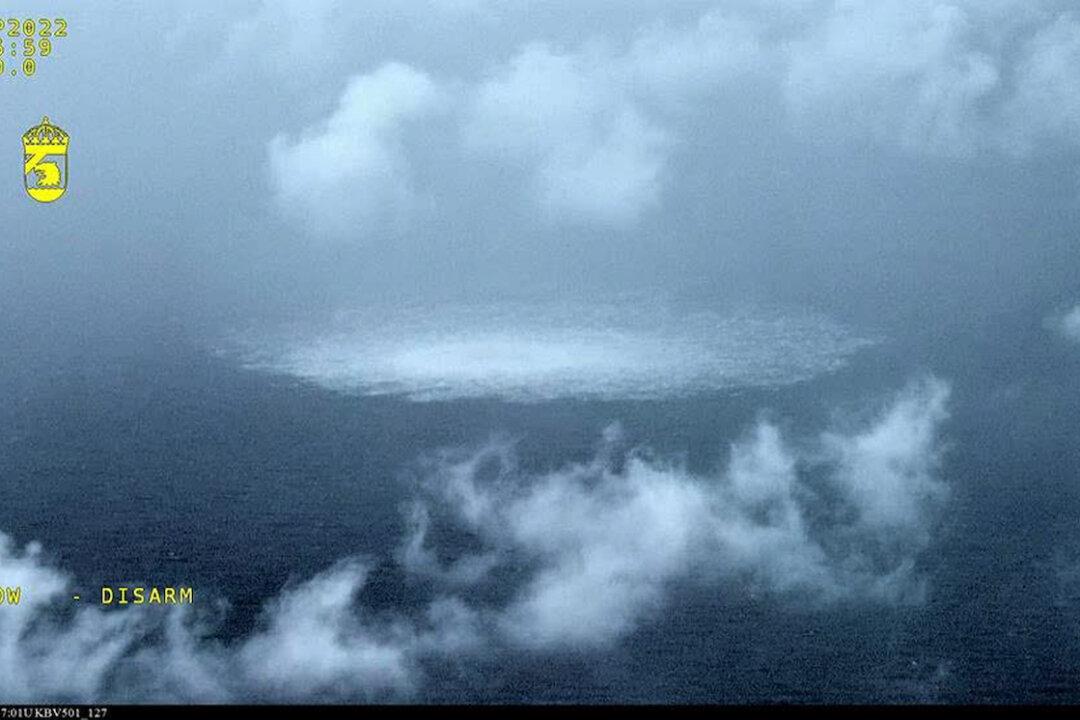Sweden has opted out of a proposal to set up a formal joint investigation team with Denmark and Germany to investigate the recent leaks of the Russian-owned pipelines Nord Stream 1 and 2.
Mats Ljungqvist, the Swedish prosecutor involved in the country’s criminal investigation of the leaks in the Swedish economic zone, told Reuters that the country wouldn’t join a joint investigative team from the judicial cooperation agency Eurojust.




